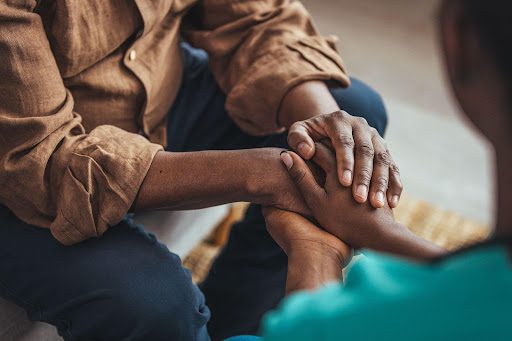Recognizing a standard level of mental health as a human right has increasingly become an internationally-accepted perspective. What was once somewhat of an afterthought to securing the tangible, physical rights of refugees, marginalized communities, and humanity at large, has begun to be perceived as an intrinsic element of the human experience that needs to be acknowledged and nurtured in order to secure a beneficent quality of life.
Read on to find out how mental health rights are now being discussed, and what can be being done to meet the world’s mental health needs at present.

As mentioned above, mental healthcare has not always been considered a touchstone to overall well-being. In 1948, the United Nations General Assembly (UNGA) mentioned food, clothing, housing, and medical care as basic needs necessary for “health and well-being.” The question of whether mental health is a human rights issue, had yet to be seriously discussed.
Toward the end of the 20th Century, however, a more holistic and complex approach to health began to receive greater consideration. As a result, the UNGA’s right to health was later expanded to include mental health, in addition to sex autonomy, and education.
The idea that mental health rights are human rights echoes earlier fights for recognition and support, particularly that of women. In 1995, Hillary Clinton quoted existing feminist rhetoric, saying at the United Nations Conference on Women that “women’s rights are human rights,” and therefore just as basic and deserving.
In 2014, the World Health Organization (WHO, a UN agency focused on global public health) published a report on the state of mental health around the world. In it, the WHO stated that only 7% of government spending on health goes to addressing mental health needs.
The Office of the United Nations High Commissioner for Human Rights (OHCHR) had similarly found the following:
In 2022, the WHO released a comprehensive, updated report that stressed the essential link between human rights and mental illness. It stated that:

In order for mental health to truly be considered a basic human right, the WHO is now calling for a worldwide overhaul, via shift in government funding and prioritization.
Specifically, the WHO Comprehensive Action Plan 2013-2030 states that the following changes need to be implemented for mental health to significantly improve on a global scale:
The WHO stresses that mental healthcare is not only a moral imperative, but that treating mental health issues benefits society as a whole.
According to research, treating the more common disorders of anxiety and depression has a cost-benefit ratio of five-to-one. As such, offering preemptive care, in addition to real-time treatment, has the advantage of saving governments and individuals a great deal of resources—and anguish.
Part of building a supportive, pro-mental health community is showing up for loved ones. As we all continue fighting together for a better, and healthier future, it is important to remember to check in on those who could benefit from some extra care, listen to what they want to share with you, and offer to help them connect to a mental health professional when needed.